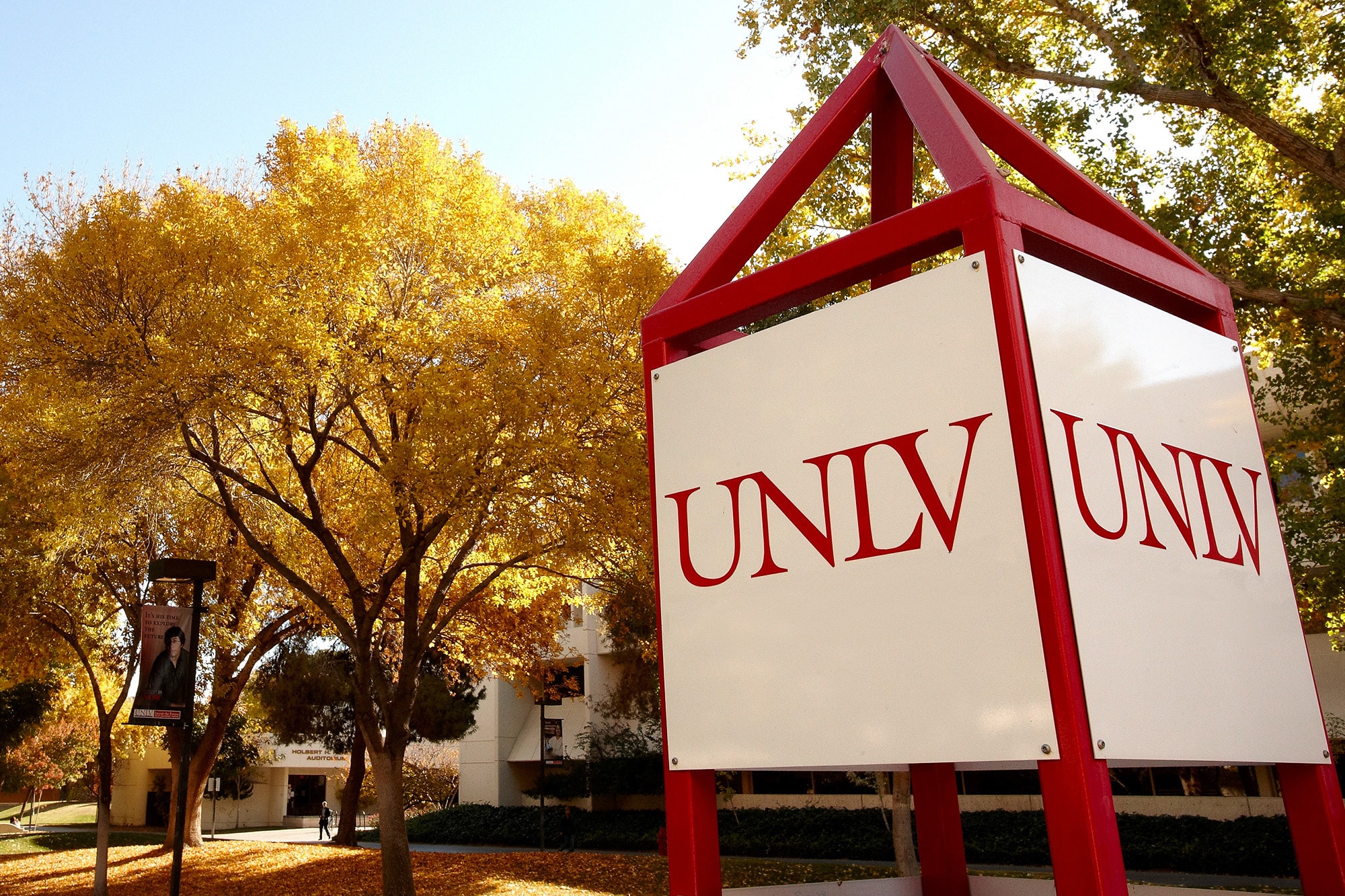LAS VEGAS - October 6, 2008 - Nursing faculty at UNLV and Nevada State College (NSC) are collaborating to improve nurse retention and patient care in Nevada by expanding opportunities for registered nurses (RN) to earn a bachelor of science in nursing (BSN) through an online degree program. This is the first coordinated effort of its kind in Nevada and is being funded by a grant from the Health Resource and Services Administration (HRSA).
The $738,000 HRSA grant will fund faculty, staff, and curriculum resources at UNLV and NSC to enhance the RN to BSN program at NSC by expanding distance education options, aggressively recruiting nurses from underrepresented groups, and offering additional support services to maximize program retention.
"Rapid population growth in the region has resulted in more complex healthcare needs, increasing the demand for nurses who possess the critical thinking and leadership skills in specialized health settings that come with a BSN degree," said grant project director and UNLV Associate Nursing Dean Tish Smyer. "The RN to BSN program allows the already skillful professional nurse to increase leadership potential within the profession by building on valuable experience gained in the workplace."
Program goals include nearly doubling the RN to BSN enrollment over three years and recruiting at least 30 percent of students from underrepresented groups. Additional efforts include support and mentoring from local hospitals and minority nurse organizations, as well as securing an articulation agreement with the College of Southern Nevada.
NSC's RN to BSN program has been providing professional nurses the opportunity to earn their BSN in an accessible online environment since the opening of the College in 2002. The RN to BSN program currently has over 80 students enrolled, almost all of whom are simultaneously working as registered nurses while earning their bachelor degree.
"This grant will ensure the continued growth of an important degree program that both accommodates the needs of professional nurses and advances the applicant pool for health care organizations in Clark County," said Shirlee Snyder, Interim Dean of the NSC School of Nursing.
The BSN builds on associate degree and diploma education by broadening the scope of practice, developing leadership skills and enhancing knowledge of economic and cultural issues. Research shows that for every 10 percent increase in BSN nurses, the risk of death decreases in healthcare facilities by nearly five percent. Studies have also demonstrated that fewer medication errors, greater job satisfaction and increased retention are linked to BSN or higher education.
Only 37 percent of Nevada's RNs are BSN prepared (22 percent in rural areas), compared to more than 45 percent nationally. The U.S. Secretary of Health and Human Services recommends that two-thirds of nurses by 2010 hold at least a BSN.
This partnership between NSC and UNLV will also allow students to participate in accelerated graduate study while still pursing their BSN degree.
Working with Smyer and Snyder on this program are UNLV nursing professors Philip Xu and Cheryl Bowles, graduate assistant Dee Riley and nationally recognized distance education specialist Dian Skiba of the University of Colorado.



